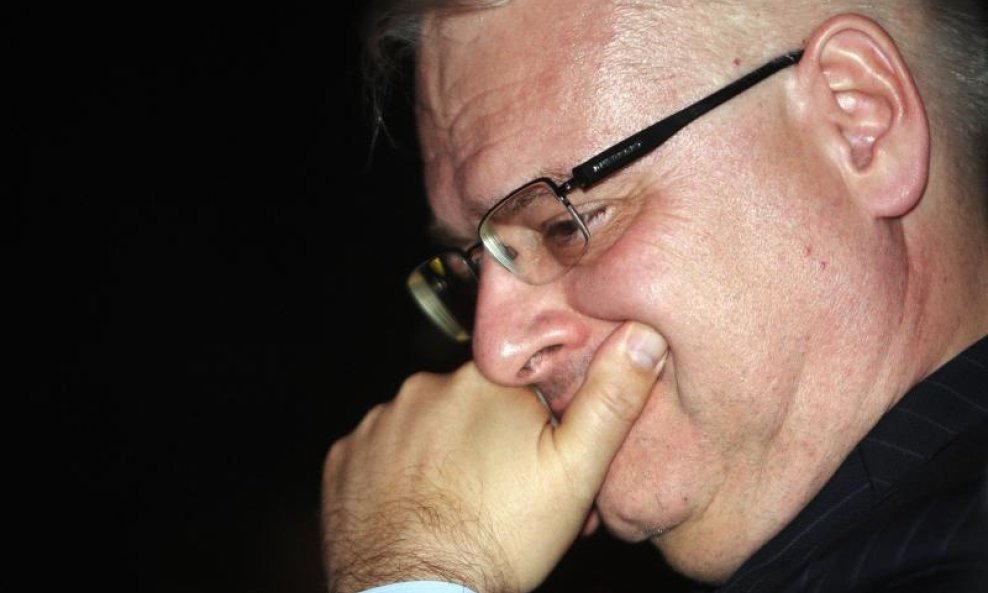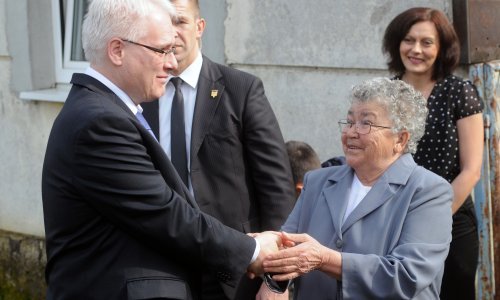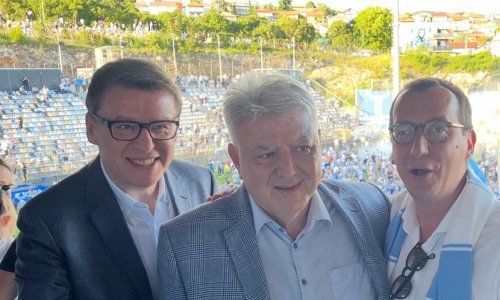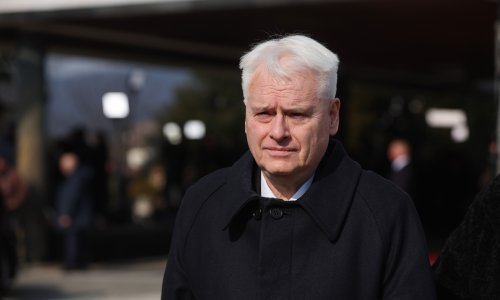Croatian President Ivo Josipovic has said that he is willing to take up an initiative to conclude a bilateral agreement with Serbia which will be, he has said, a better solution for Croatia than the recently adopted law declaring null and void war crimes indictments sent from Serbia.
Josipovic said in an interview with Croatian Radio on Monday that the purpose of the bilateral agreement would be to put an end to further groundless prosecutions of Croatian Homeland Defence War veterans and enable the continuation of cooperation in dealing with war crimes.
"I call on the (Croatian) government to embark on that together," Josipovic said, reiterating that the government-sponsored law harmed Croatia as it did not prevent situations in which Croatian war veterans could be prosecuted with no reason and persecuted.
Explaining that he would request the Constitutional Court to assess the said law, Josipovic said that the law would not protect war veterans against groundless charges and that further non-transparent indictments could be issued, which was why Croatians travelling abroad would be exposed to the risk of arrest. Furthermore, the law undermines the cooperation between the two countries' prosecutorial authorities which he described as good so far.
As for the formal and legal aspects, Josipovic described the law as being an organic one, requiring the vote in favour of 77 members of parliament, which was not so in this case. The law introduces a new element in Croatia's legal system, giving authority to the justice minister to decide on the compliance of certain acts with the national legal order, the president added.
Josipovic said that the law could also cause a stalemate in the relations between Croatia and Serbia, adding that one should not ignore an additional political problem, namely assessments in the European Union, where "they wonder whether (this law) means that Croatia is ceasing to pursue the rule of law policy."
Josipovic reiterated that the decision by a parliamentary majority to strip Social Democratic Party (SDP) parliamentarian Zeljko Jovanovic of immunity following the Croatian Democratic Union's (HDZ) defamation lawsuit against him was "a serious precedent".
It would be in contravention of the constitution if immunity was lifted because of statements made in the national parliament, the president said, adding that what was said in parliament was not punishable, unless it was a call to commit genocide or violate international law.
"I think that in further proceedings, if they are to be held, it will be established that immunity could not have been lifted," he said.
It can be discussed whether Jovanovic used harsh words or not, and the public will judge that, he added.
"Elections are soon and the public will pass either a positive or a negative judgement (for Jovanovic)," he said.
Josipovic reiterating that he found 4 December, as a date for elections proposed by the ruling coalition, to be acceptable.
He said he would call the elections after consultations with the parliamentary parties, adding that he might announce the date already this Friday when he expected the current parliament to decide on its dissolution.
As for his proposals that the head of state could return to parliament laws which he deemed to be detrimental, Josipovic said that these suggestions were not aimed at strengthening the presidential powers but at re-defining them for the purpose of establishing a corrective mechanism, which he said already functioned very well in some European countries.

































